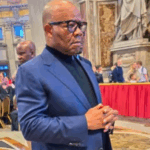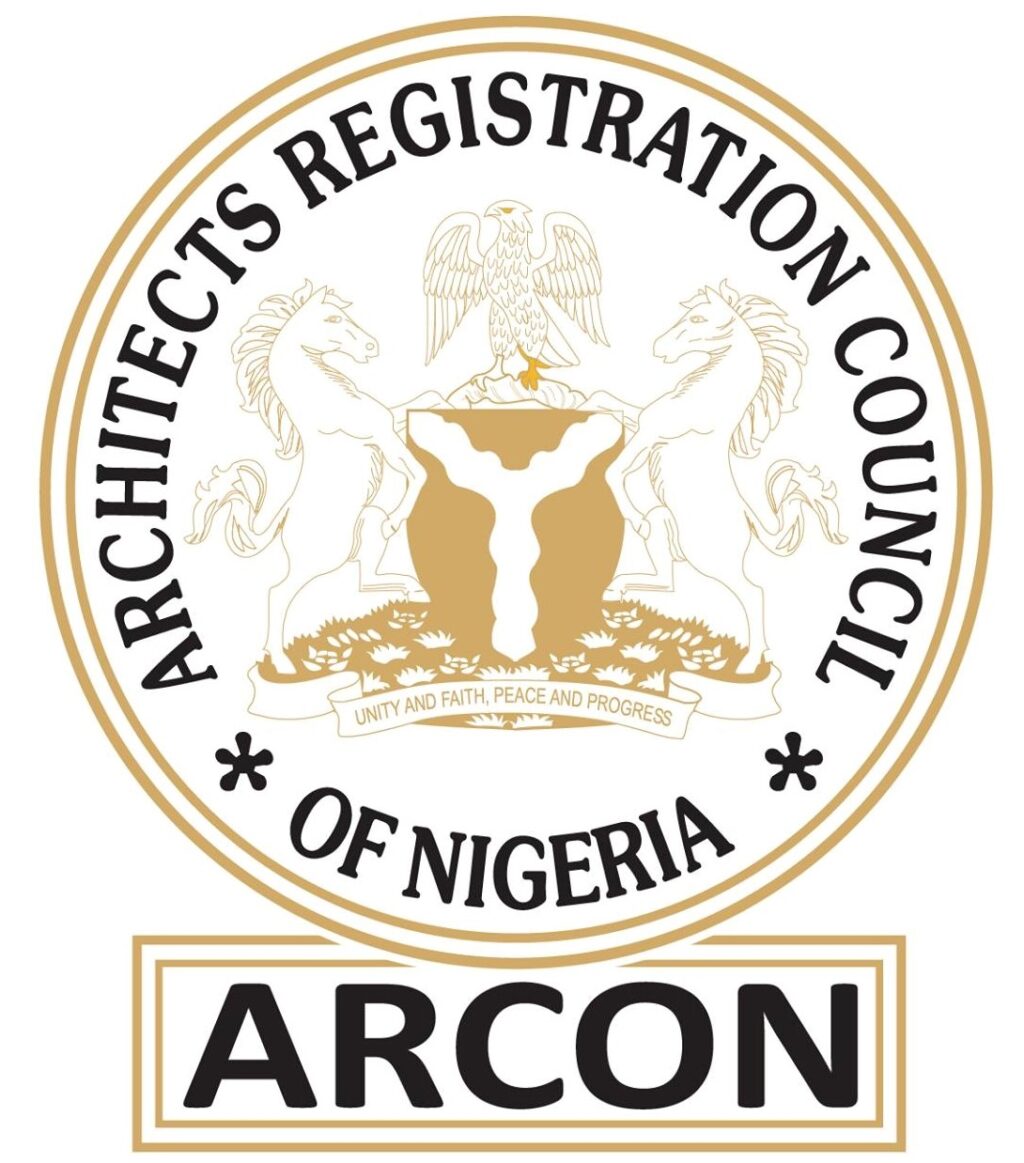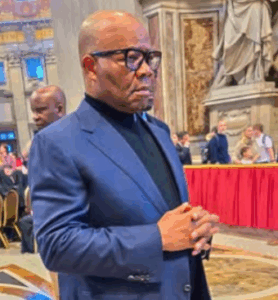ARCON bans foreign production of TV commercials meant for Nigerian market
The Advertising Regulatory Council of Nigeria (ARCON) has taken a significant step by prohibiting the production of local advertisements in foreign countries meant for Nigerian market.
ARCON’s decision, as outlined in a press release signed by Director-General Olalekan Fadolapo, aims to boost the national economy and reduce unemployment.
ARCON expressed concern, suggesting that advertisers often choose to produce adverts meant for the Nigerian market abroad, resulting in capital outflows and a detrimental impact on the local advertising industry.
The press statement stressed the importance of producing all commercials targeted at Nigerians within the country. This move is seen as a means to create job opportunities for the nation’s youth, foster the growth of the industry’s support service sector, and ensure that money circulates within Nigeria’s advertising ecosystem.
The press release also reiterates ARCON’s stance on the use of foreign voices or models in advertisements intended for the Nigerian market. It emphasizes that, whenever possible, Nigerian talent should be used in advertising to resonate with the local audience.
In addition to these concerns, ARCON highlighted the industry’s credit policy violations by certain advertising agencies. Such actions have resulted in industry debt and media owner exploitation. The press release revealed that the Advertisers Association of Nigeria’s members offer a 120-day payment cycle to Nigerian businesses, while foreign media houses operating in Nigeria receive prepayments for their services.
When questioned about these developments, Olalekan Fadolapo reiterated the commitment to reform the advertising industry. He stressed the economic significance of producing adverts abroad and the missed opportunities for job creation and economic stimulation in Nigeria.
Fadolapo argued that Nigerians possess the necessary skills to provide voiceovers and modeling for advertisements and challenged the misconception that foreign talent is superior. He maintained that Nigeria’s vast population should be a valuable source of talent for the industry.
Furthermore, Fadolapo revealed that the Minister of Information and National Orientation, Mohammed Idris, has granted approval for the full implementation of the Advertising Industry Reform. This indicates strong support from the government for these changes in the advertising landscape.










More Stories
FG defends N10bn Aso Rock solar installation, says yearly N47bn presidential villa power bill unsustainable
EFCC declares four Nigerians wanted in alleged N1.3 trillion CBEX fraud
Tinubu sacks NNPCL CEO Mele Kyari, replaces him with ex-Shell MD, Ojulari